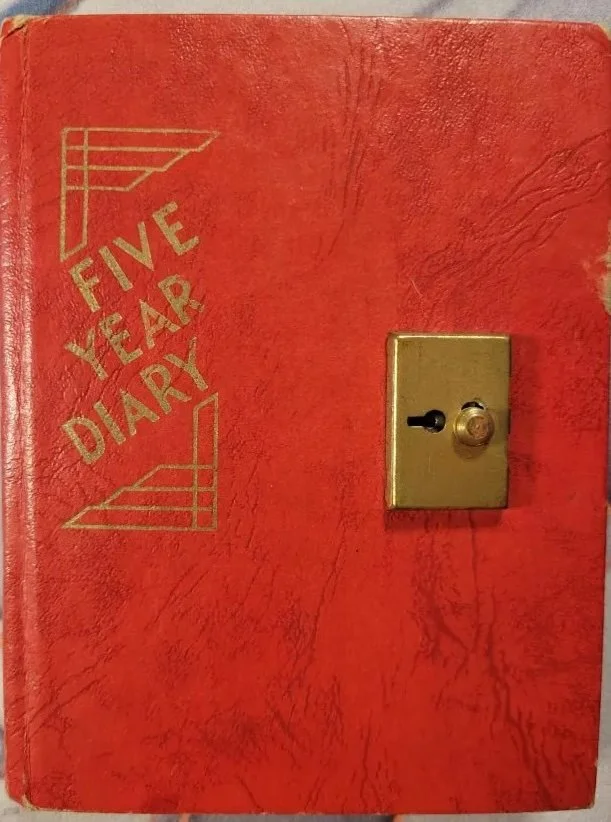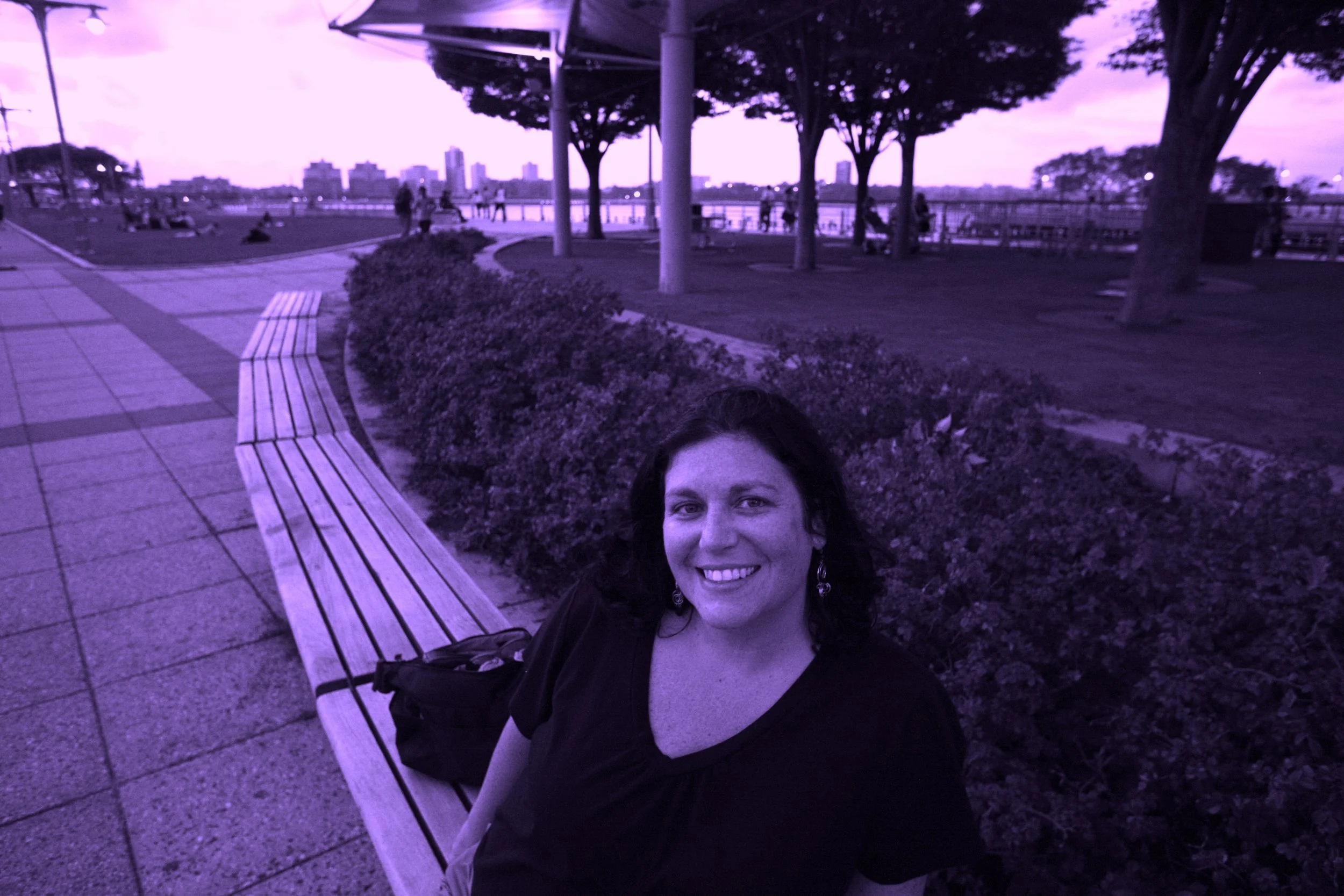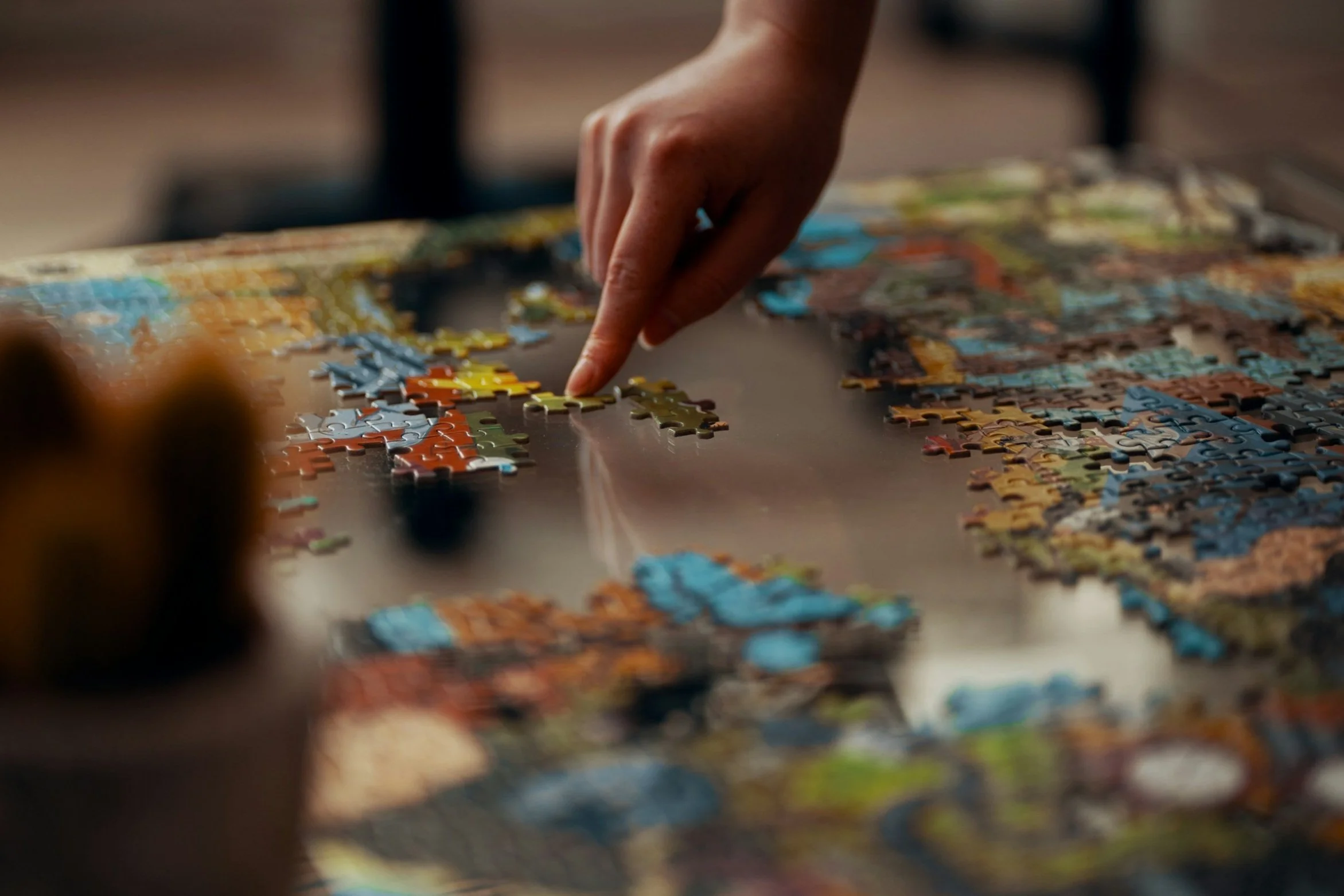
About Liz Verna
and writing and art

I’ve been writing since I got a little red diary in the first grade and immediately began filling it with lies to hide from the invisible audience I felt sure would think my thoughts were terrible.
This was my first taste of the inner critic sitting next to me on the school bus, censoring me, protecting the world from hearing my true feelings about Gina’s ear-piercing drama. It hurt, Gina, we get it. And though I had a deep and abiding love for my Crayola 64 pack with the built-in sharpener, I had clocked my lack of natural art talent in kindergarten. I can’t tell you why Eileen’s rainbow was better than mine; it just was.
I journaled through school, but found it hard to write freely; the urge to write would dissipate as I picked up the pen. I could feel my feelings shrinking as I struggled to put them into words, dismissed as too messy to spread around. The tight vise grip of expectation fed me into a conveyor belt of indoctrination, the pleaser messaging went all the way down to the bones of my subconscious. Even my thoughts had to be nice. Even my feelings had to consider other people first. Even in secret, in quiet, I was not allowed to rage and be selfish or take up space in any significant way. Not even in my writing, not even in my heart. Not ever.
I majored in literature and creative writing and wrote for school papers in both high school and college, but could not be so audacious as to embrace an identity as a writer. Wouldn’t a real writer be better at it? Wouldn’t a real writer write all the time without effort? Wouldn’t a real writer simply call themselves a real writer? Without proof - a book, epic poem, or working series of Snapple bottle caps - I continued to write in frustration about what I couldn’t do and wouldn’t accomplish, and waited for the world to decide who I was for me.
By the time I ran to therapy carrying the pieces of my self-image in various zip-lock baggies, I was in my mid-20s and living in New York City. The artistic and creative parts of myself that were still struggling to write were politely separated from the rest of me and treated as less important than the rent-earning parts, but as I tended to quieting the negative shouts in my ears, I realized they were the ones telling me I was failing before I could start. Detaching from the idea that, without a clear end goal, there was no point to creative exploration, allowed me to simply write. Creating without judgment kicked off a chain reaction. I began to feel feelings I had long repressed in favor of people-pleasing, I began to reexamine the boundaries that let these voices live in my head in the first place, and started wondering what else they were telling me I couldn’t do.
I was always creative and talentless, loving color and lacking ability. I would linger in front of the Art Student League, paralyzed by imposter syndrome - remember the rainbow? Who did I think I was, Eileen? But leaning into the creative acceptance of journaling gave me the freedom to chase my love of art through those doors, and I didn’t stop until I had a graduate degree in creative arts therapy. I never became a great artist. Or even a good one. It was never about the art at all, it was about feeling worthy enough to try and cultivating the grace to allow myself to make mistakes. The real education was about finding faith in the unpredictable storm of the creative journey with only myself to rely on and knowing I could colorfully, consistently, and courageously find my way out.
Ultimately, your creative expression is just another tool to help untangle, energize, and stretch your emotions. Like anyone who fishes, collects stamps, or bangs a drum, I write and make art because there’s something in me that wants to express that thing, and I feel better when I do. I don’t do it because I’m a genius. But since I insist on doing it I can use it consciously to help my mood and energy, I can notice its absence as a tracker for my depression or a breach in my boundary perimeter, and feel its consistency to see patterns in my behavior I might want to shift. Or I can do none of these things and lay around and feel sorry for myself. That happens too.
For me, writing has been a place to rest my mind when things get loud, art is something to do with my hands when I need the meditation of mindless movement. And that’s before I’ve even gotten my subconscious involved. The creative expression inside us all is a big part of who we are, already reflecting things back to us. We might as well take a look.

how do you creative?




